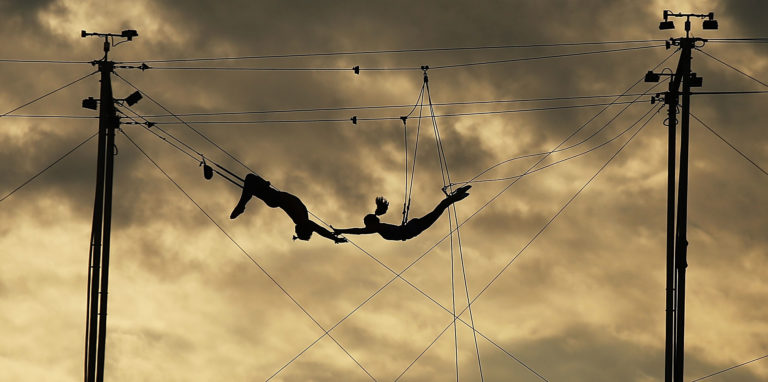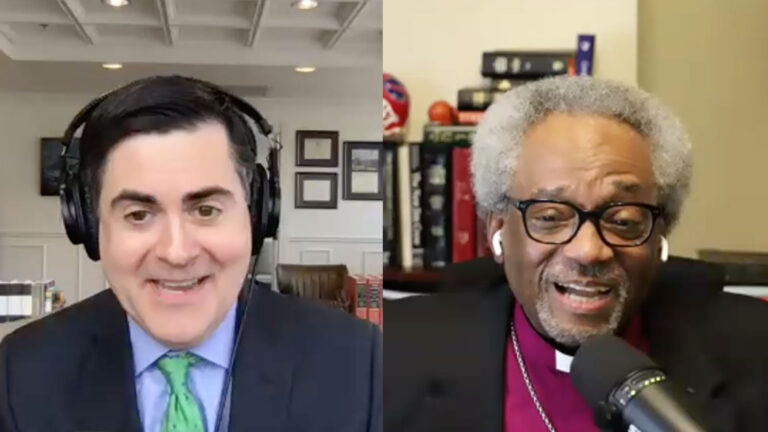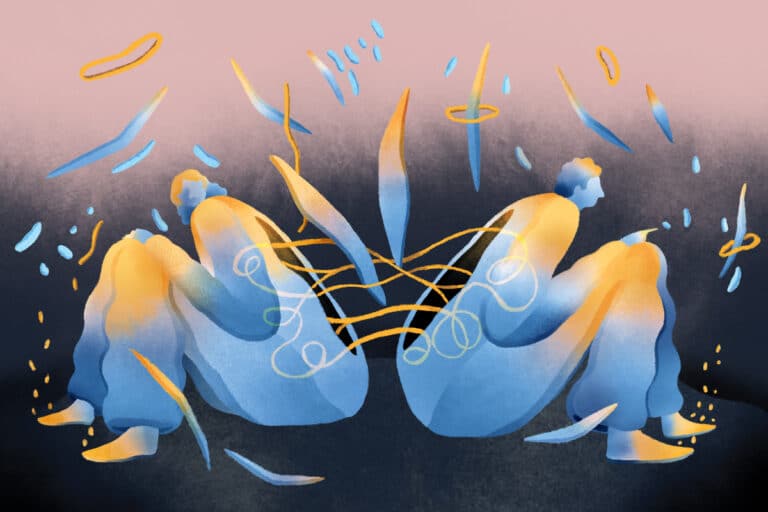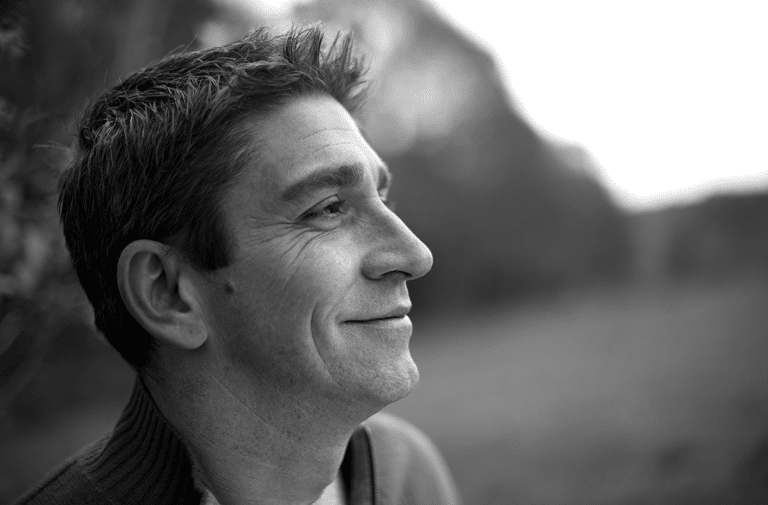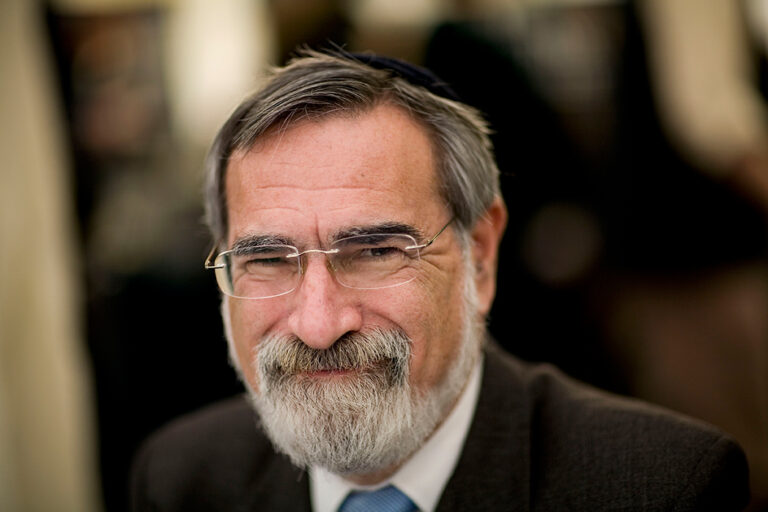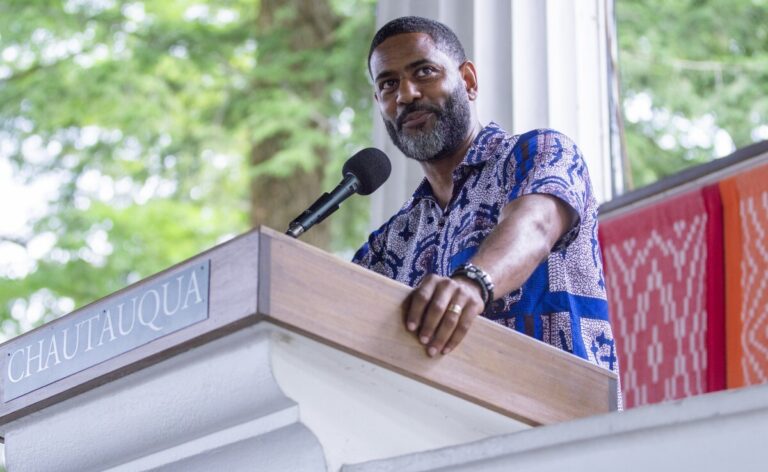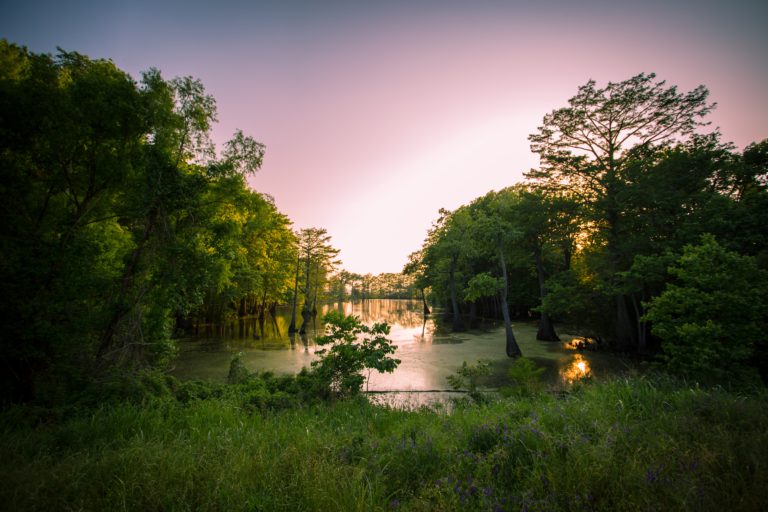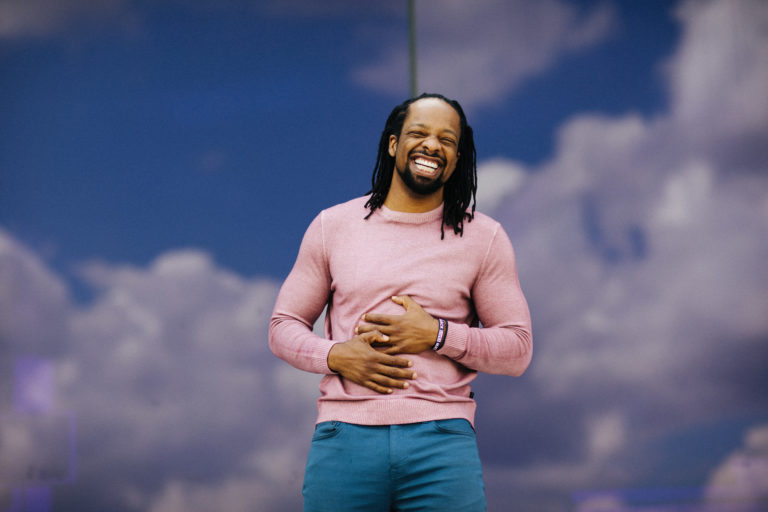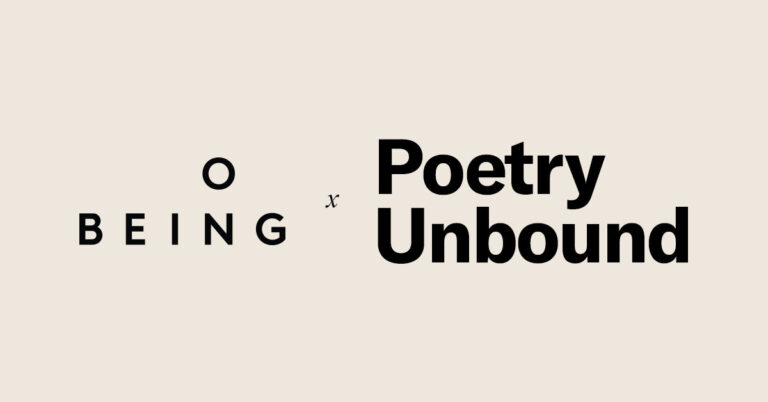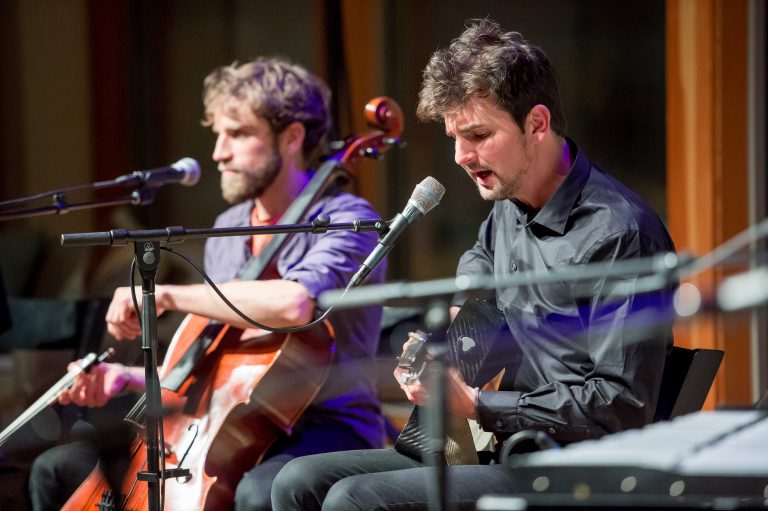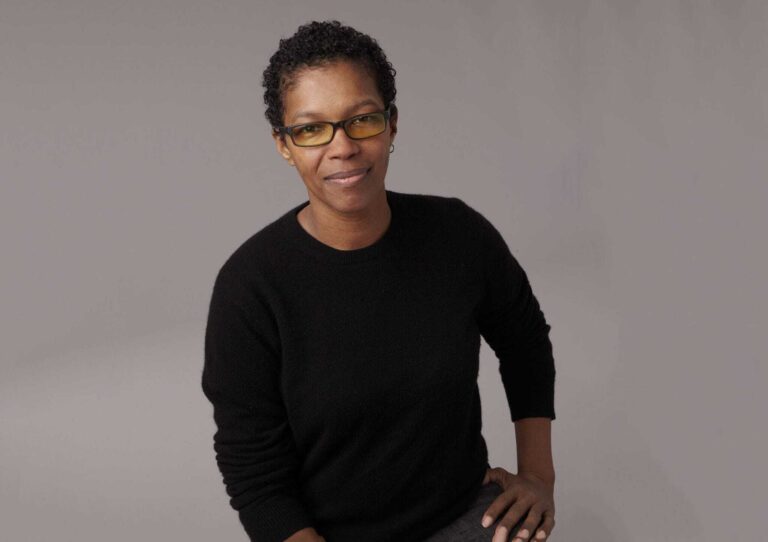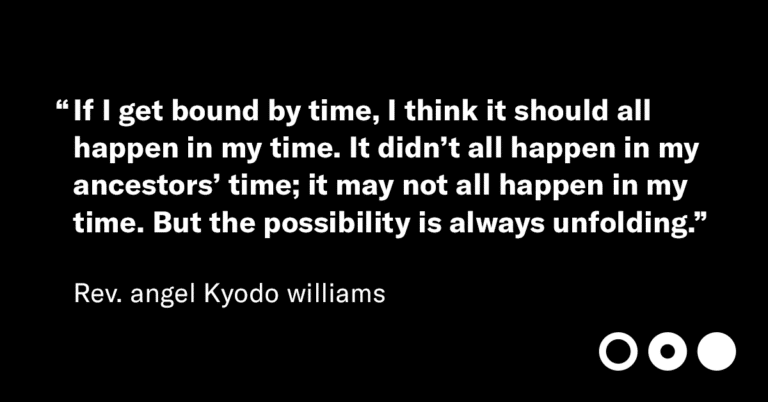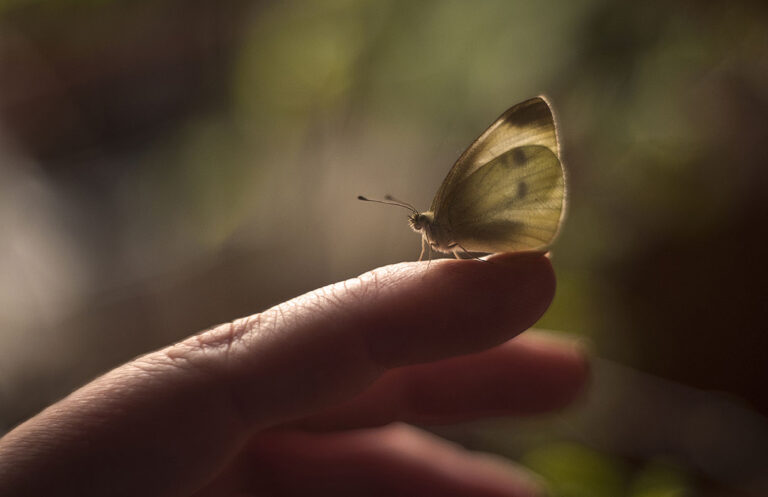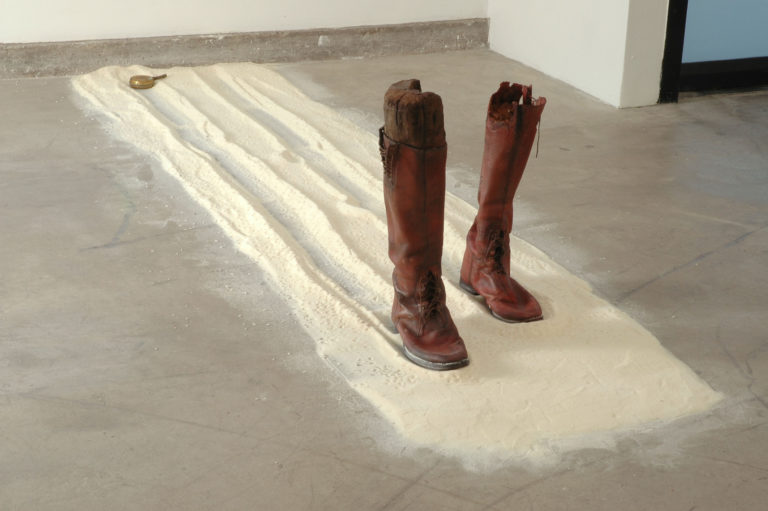December 17, 2020
Jennifer Michael Hecht
‘We Believe Each Other Into Being’
“We are indebted to one another and the debt is a kind of faith — a beautiful, difficult, strange faith. We believe each other into being.” That’s the message the philosopher, poet, and historian, Jennifer Michael Hecht, puts at the center of her unusual writing about suicide. She’s traced how Western civilization has, at times, demonized those who died by suicide, and, at times, celebrated it as a moral freedom. She has struggled with suicidal places in her life and lost friends to it. She proposes a new cultural understanding based on our essential need for each other.






